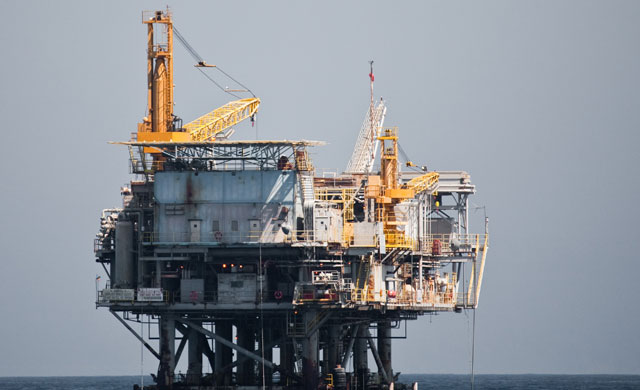Lucy MacDonald, who manages some $7.3 billion in assets in her position as CIO of Allianz Global Investors, has declared that BP (LSE:BP.) (NYSE:BP) is now “more investable” as a result of the company’s entering into an administrative agreement with the U.S. Environmental Protection Agency four years past the Deepwater Horizon catastrophe in the Gulf of Mexico. BP share price is continuing to decline on the LSE, down slightly by 0.03% to 478.65 at 2:28 GMT, but it is beginning to show signs of recovery. Across the Atlantic BP’s share price is up 0.25% to 47.71 on the New York Exchange.

The administrative agreement resolves “all matters related to the suspension, debarment and statutory disqualification of BP following the Deepwater Horizon accident and oil spill. As a result of this agreement, BP is once again eligible to enter into new contracts with the US government, including new deepwater leases in the Gulf of Mexico.” The agreement applies to all BP entities that had been previously barred BP from bidding on contracts or continuing working on contracts with the US government. Prior to the the debarment of BP’s exploration activities in the U.S., BP had been the biggest supplier of fuel to the Pentagon.
To be clear, the singular most important matter for investors is that BP is now in a position to reclaim and gain significant business within the United States and its territorial waters. However, by definition, an administrative agreement means that BP has bowed its knee to the “Egalitarian Political Agency” under operating restrictions of which the public is not yet fully aware. The 45-page agreement commits BP to comply with case-specific safety, ethics and corporate governance rules for the next five years. Compliance will be independently audited annually.
(Note: I have not seen any reports about the case-specificity nature of the agreement. It is from my own personal, first-hand experience with the EPA in similar, but smaller matter cases involving administrative agreements that I know how this nefarious, bureaucratic agency operates. I can assure you that, at least in some cases, BP will be operating with exclusive administrative burdens.)
On the other hand, I think that we can be reasonably certain that the powers that be at BP have probably done a decent risk/ reward analysis. For one thing, BP needs the revenue source to help fund the estimated $17 billion in fines that may yet be assessed as the Clean Water Act (CWA) penalties continue to be imposed. The EPA Vampire is as blood-thirsty as ever and it knows that the CWA is its blood bank.
The important issue for BP and its stakeholders and shareholder is that it is officially operational in the U.S. again. One energy company analyst said, “It’s time to let them out of the doghouse. Let’s let them get back to work again.”
I personally applaud the British government for its support of BP back in December 2013 when it intervened saying, “It is the view of Her Majesty’s government that the EPA’s disqualification and suspension of multiple BP entities may have been excessive. The government is concerned that such a broad sanction can and will have serious and unjustified economic consequences.”
I feel compelled to close by saying that
- The disaster was not the oil spill. It was the men who died as a result of the explosion.
- The travesty was not oil in the water and on the beaches. It was the EPA’s insatiable appetite to find the biggest fish in the Clean Water pond.
- The depravity was allowing countless businesses to use BP as a scapegoat for their own failing businesses that were supposedly ruined by the after-effects of the accident.
We’re glad to have you back, BP!


 Hot Features
Hot Features













